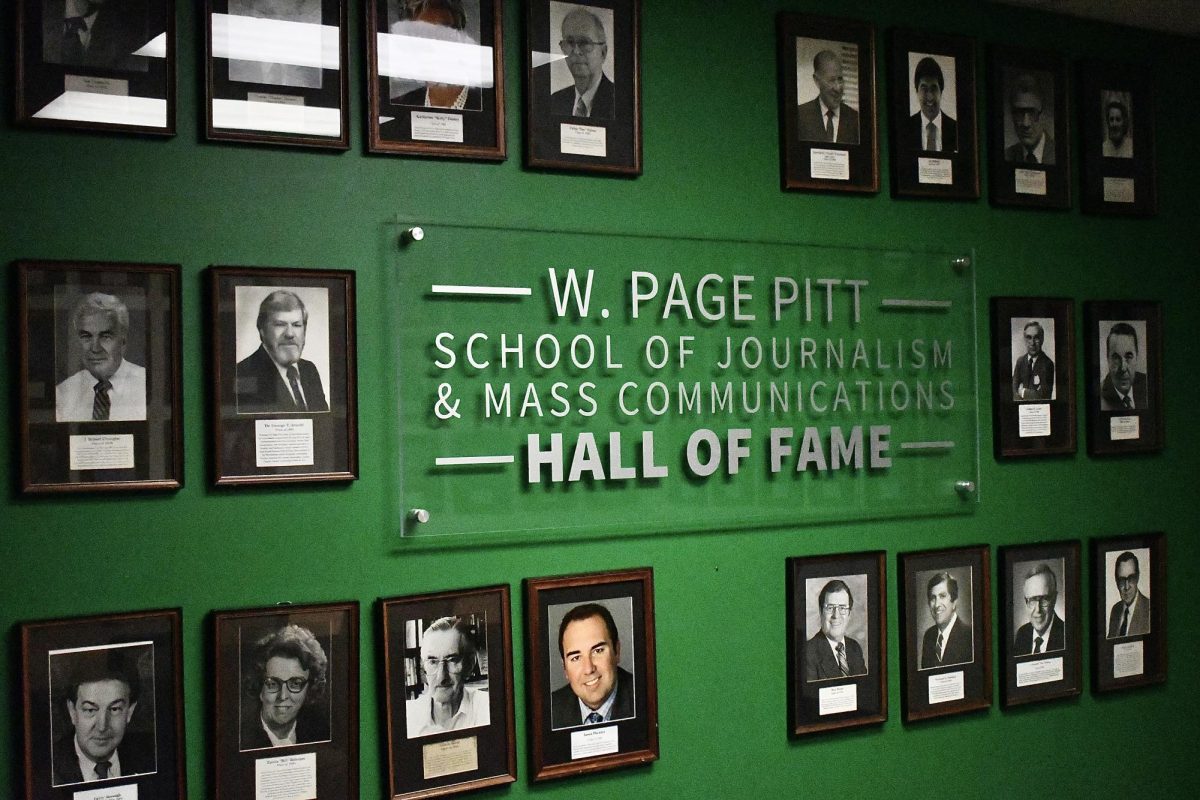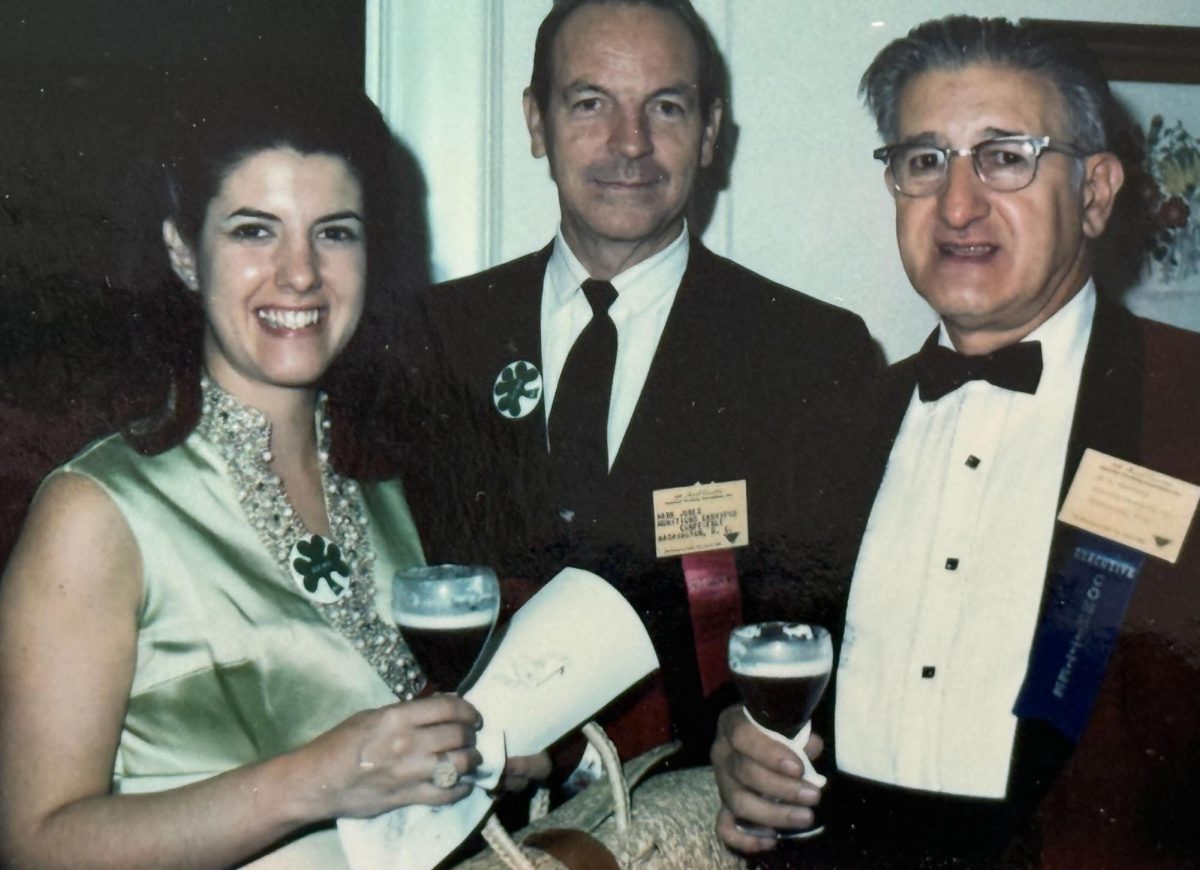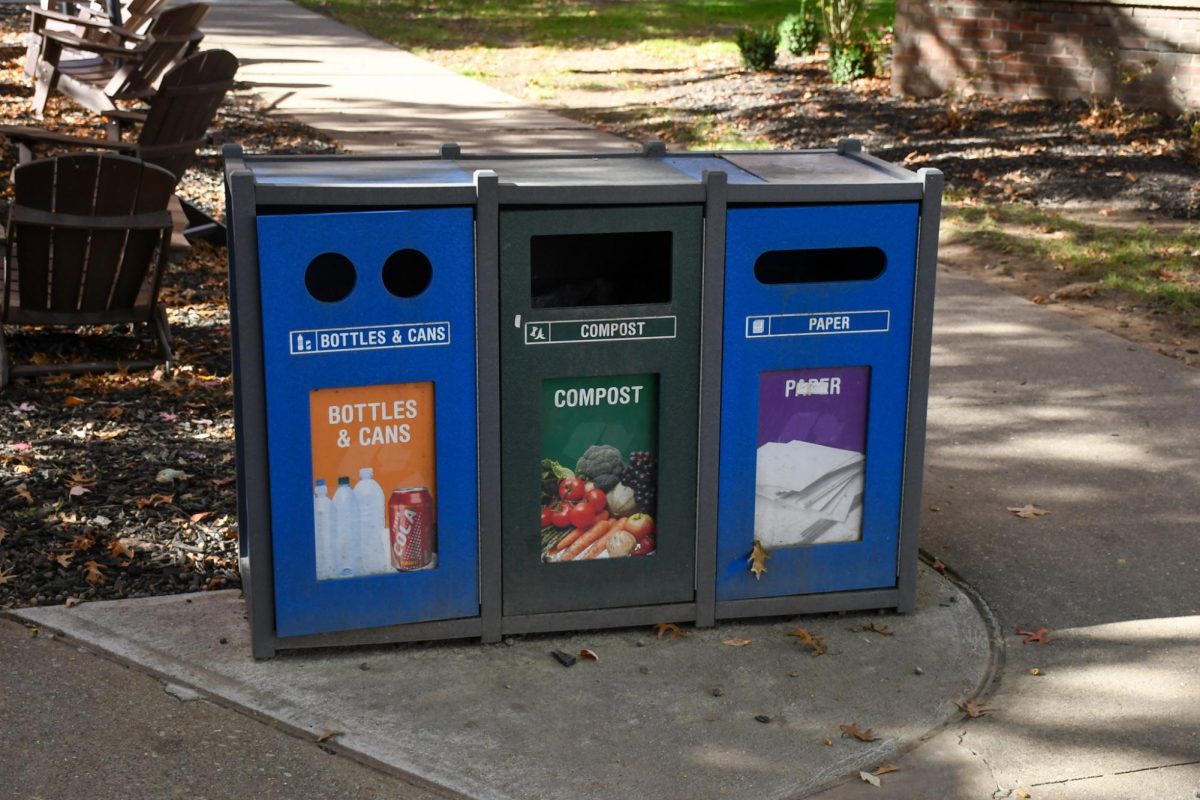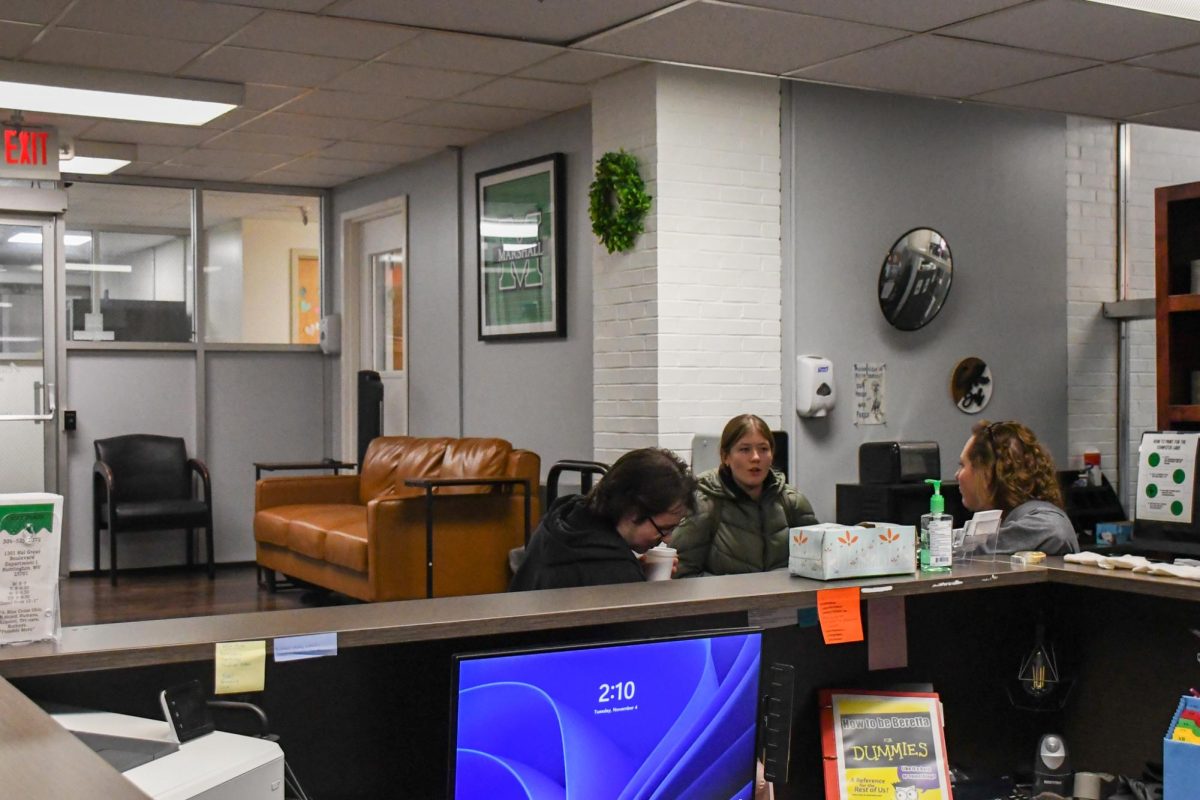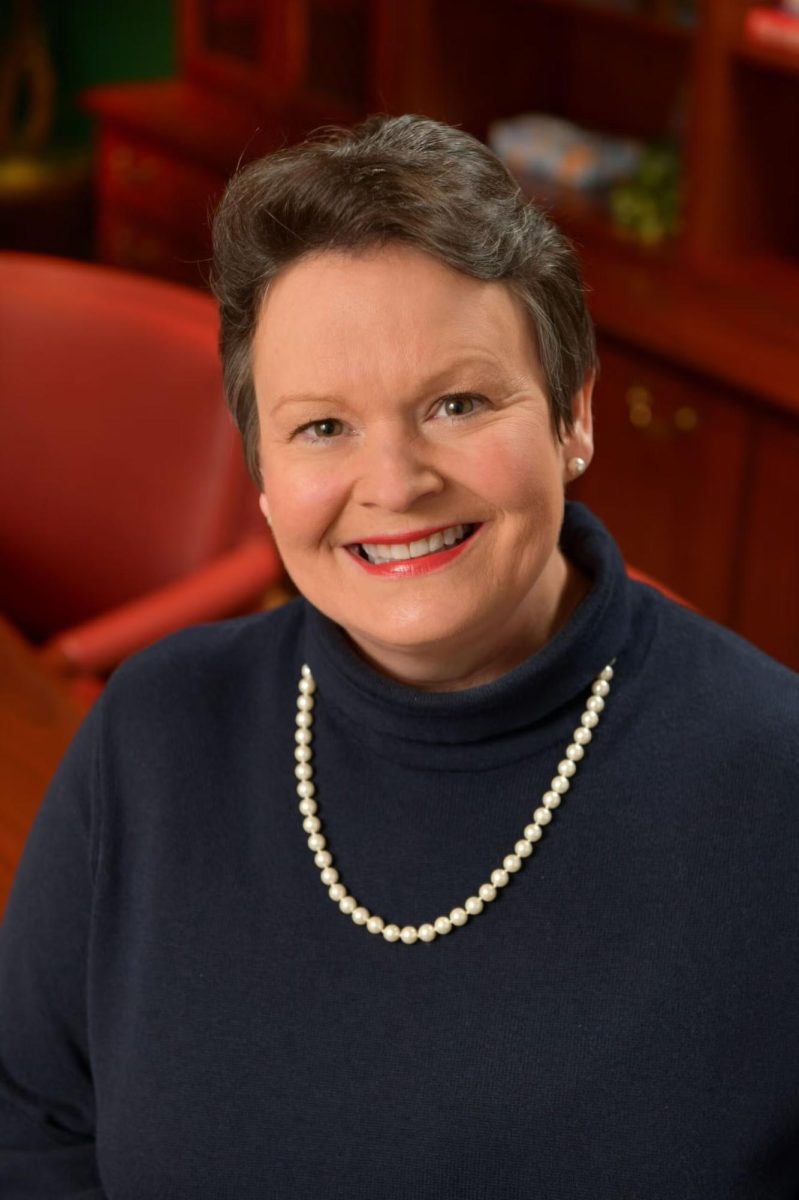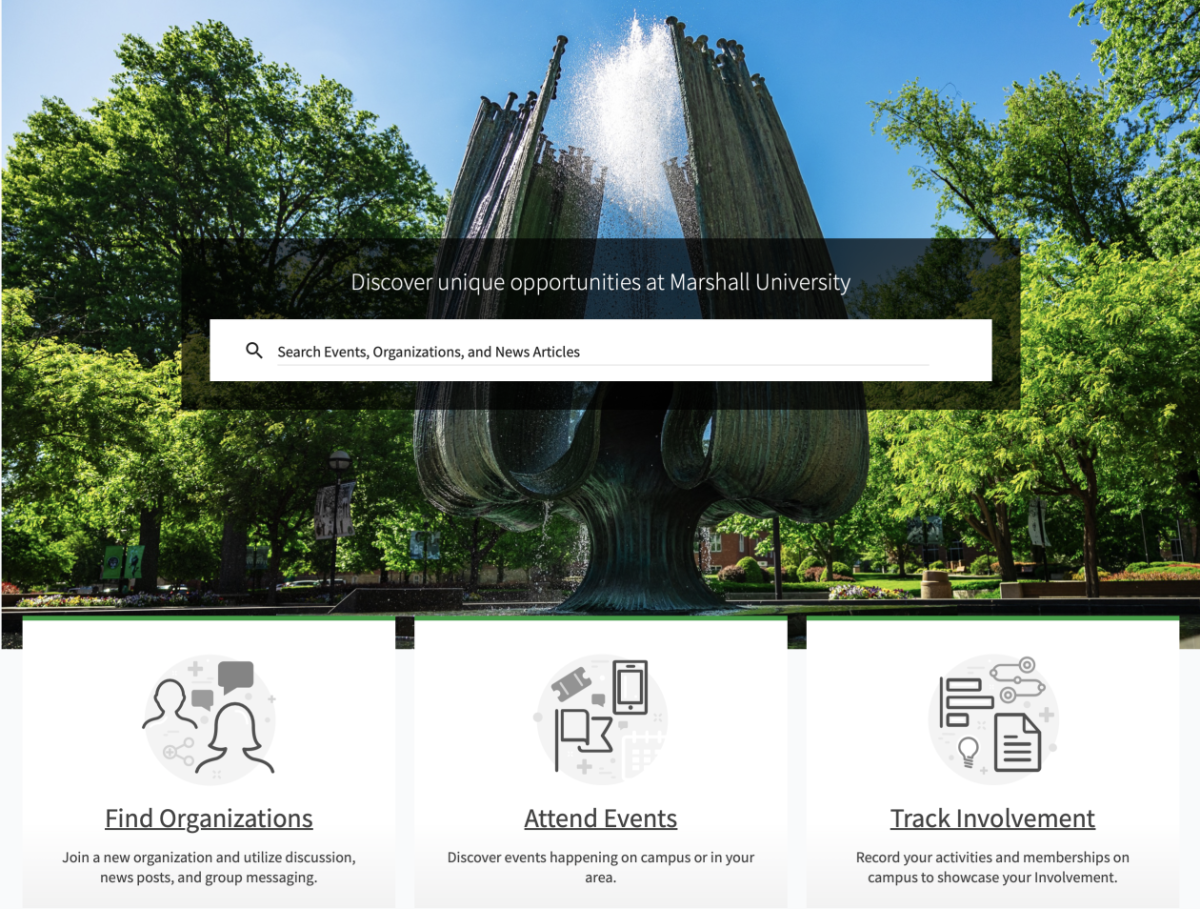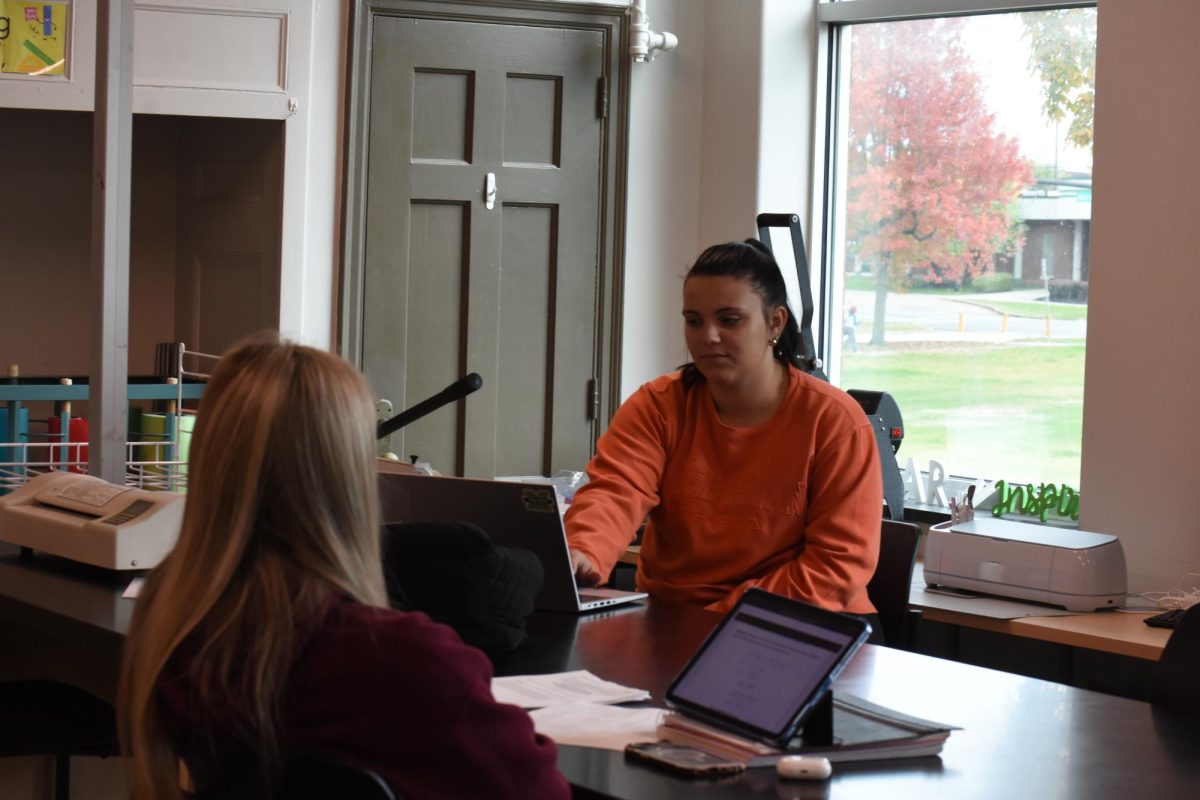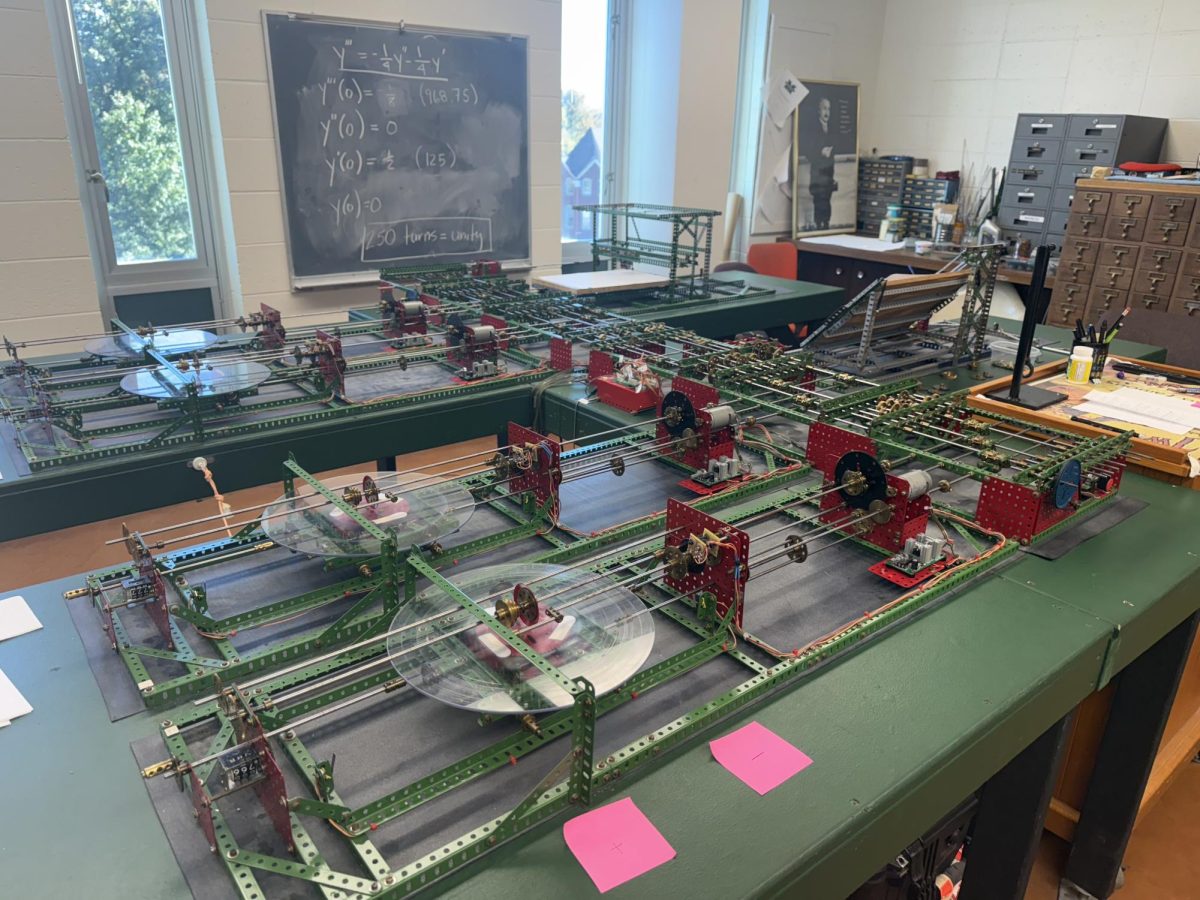Distrust in the United States’ political institutions and government kickbacks are just two ways wealth inequality negatively affects representative democracy, two award-winning student essayists said in their submissions to the Dan O’Hanlon Essay Competition.
The theme of the essay competition, organized by the Simon Perry Center for Constitutional Democracy, was how wealth inequality affects the health of the United States’ representative democracy and what potential constitutional remedies could be made to solve the problem.
Cameron Mays, the first prize winner and junior majoring in history and political science, said the primary effect wealth inequality has on democracy is fostering distrust towards political institutions.
“I said it impacts democracy by fostering distrust and anger towards the political system as a whole because Americans primarily vote on pocketbook issues,” Mays said, “so economic issues that primarily affect them. Right now, there’s a few economic issues facing Americans, such as home unaffordability, inflation and just in general the rising cost of living.”
Mays said the economic challenges are related to wealth inequality as since 1979, wages for the bottom 90% of Americans have risen 15% while there has been much more significant growth for the top 10% of Americans.
“There’s a lot of polling data about how especially younger and poor Americans feel the most dissatisfied with American democracy and American politics because of their economic outlooks,” Mays said. “There’s a lot of political science research that shows that political trust and confidence is directly linked to economic performance.”
Part of the distrust is caused by a lack of responsiveness from the government to the issues facing most Americans, Mays said.
“This isn’t just perceptual. It’s true because study after study found that the federal government often prioritizes the interests of wealthy and corporate donors and lobbyists over the needs of average Americans, especially when those interests overlap,” Mays said.
Mays said the distrust in political institutions empowers political outsiders.
“The main way I talk about it in my paper is empowering political outsiders and disruptive populists that seek to kind of undermine the system for their own political gain,” Mays said. “I talk about how Donald Trump is an example of that because he came and capitalized on people’s distrust and disillusion with the economic and political system.”
Second prize winner Mia Crookshanks said the problem with wealth inequality and governance has been a consistent issue throughout history, citing Machiavelli and the Founding Fathers in her essay.
“John Adams cited Machiavelli in several of his papers, and something that was very consistently apparent to Adams was that wealthy families were in danger of hurting the ideals of our nation,” Crookshanks said. “In ‘Federalist No. 10,’ Madison discusses the dangers of factions in democracy. Something that he says we should take note of is that the most dangerous of factions are the ones that come from the elites.”
Crookshanks’ argument centers around billionaires and their influence on the government. She mentioned private prison contractors GEO Group and CoreCivic as two examples, saying they are predicted to gain profits of $400 billion as a result of President Trump’s immigration policies and new contracts after donating to his campaign.
“Both the CEOs were contributing directly and also going through super PACs, and what we saw from that is we have a second Trump administration,” Crookshanks said. “He gets elected, but these companies that run detention centers, after investing in him to become president again, are starting to see that investment getting brought back because they’re getting revenue from contracts with ICE.
“That’s a very large problem. You’re investing in the government, getting what you want and then making money off it,” Crookshanks said.
On top of billionaires receiving kickbacks from government contracts after donating to his campaign, Crookshanks also said billionaires are receiving government positions in exchange for their contributions.
“We’ve seen that eight billionaires have now been introduced to the White House. To name a few, DOGE had Elon Musk, $431 billion,” Crookshanks said. “And there are seven others we have – the commerce secretary, the education secretary, the deputy defense secretary, the ambassador at large. So, consistently, we’re seeing with this administration that more and more billionaires are being introduced into these cabinet positions.”
With so many Americans facing issues affording insurance or groceries, Crookshanks said there is a disconnect between the average American and the people in government.
“How is there a relatable thread between us and the people representing us?” Crookshanks asked.
Crookshanks said her argument centers around Citizens United v. FEC, a Supreme Court decision that allowed corporations to make unlimited donations to campaigns through political action committees.
“Citizens United is what enabled these detention corporations to be able to contribute so largely to the second Trump campaign,” Crookshanks said.
Crookshanks said the Citizens United decision is what allows billionaires to funnel millions of dollars into presidential campaigns to lobby for government contracts and government positions.
“The eight billionaires that are in his cabinet were able to pay to play, is the best way to say it,” Crookshanks said. “They were able to contribute an unprecedented amount of money to campaign efforts and then take cabinet positions.”
Crookshanks said she believes billionaires donating millions of dollars to presidential campaigns represents the modern-day equivalent of the aristocratic noble families that the Founding Fathers feared would harm the United States’ democracy.
Ashton Pack can be contacted at pack173@marshall.edu.










